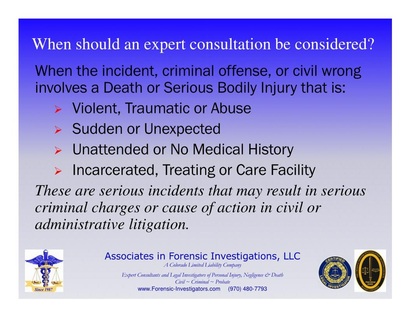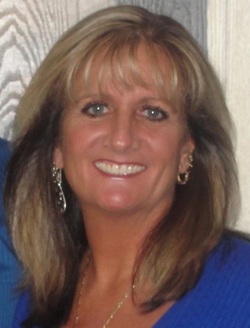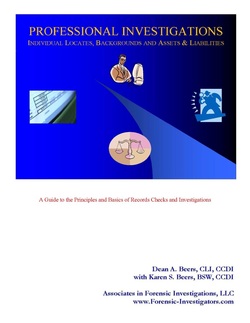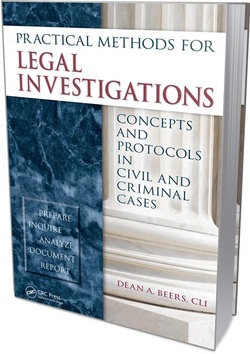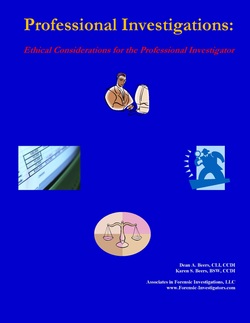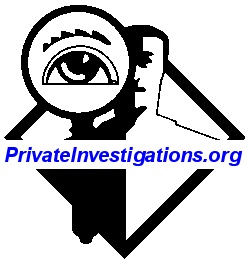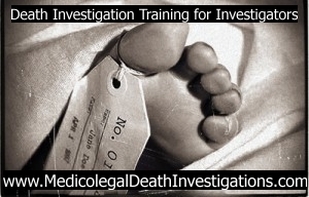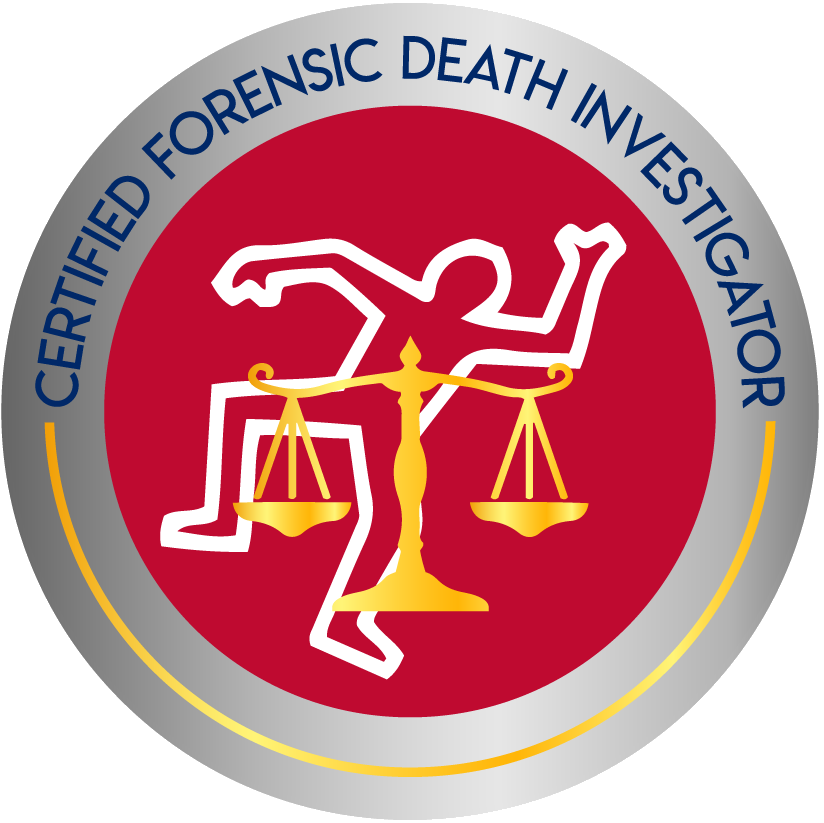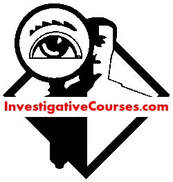
Originally posted 01/12/2012
Homicides are down, while Natural and Accident deaths rise
Statistics for 2010 from the Center for Disease Control for the top five leading causes of death. Slayings (homicide) is no longer on the list, has been since 1965. #5 is accidents and #10 is suicides. The other good news...infant mortality is down 3.9%.
The remaining causes of death in the top 15 for 2010 are those of natural disease processes, with heart disease being the leader.
These statistics reveal a few things…
-- Breakthroughs in medicine have helped infant mortality, but not other natural diseases. That is not to lay the blame on medicine, we are responsible for what we do. Of the disease processes, most are likely result of our diets and habits, while others are unknown (i.e. cancer); some are one or the other – such as heart disease or diabetes with a family history, or cancer caused by smoking. Others may be environmental or other causes, such as some environmentally related carcinogens.
At the same time, several natural diseases rose in the rankings, including Alzheimer’s, kidney disease and cirrhosis. Of these, some are naturally progressing while others are essentially induced. Research is making progress. Alzheimer’s may be on the rise simply because of awareness and increased treatment – not too long ago when an elderly person showed symptoms it was just aging.
-- Homicides may be down due to social behavior and awareness, as well as law enforcement and policing efforts. The highest ranking has been #13.
-- Suicides remain concerns both individually and to society. There are no solutions to suicide, as contributing factors can include from mental health to personal. Education and awareness continue to be the frontline efforts to lower the suicide rate.
-- Accidents, or deaths caused by unintentional acts, is the second leading Manner of Death. These arise from everything from personal acts to work place incidents. These may be from as negligence of the decedent or others, to careless and reckless behavior of the decedent or others. In addition, we cannot overlook the impact that alcohol and other drug, licit and illicit, deaths have had on this particular Manner of Death.
Many feel that the purpose of the legal investigator is to find favor of the facts to their client. This is far from the truth, no pun intended. In fact (no pun intended again), the sole responsibility of the legal investigator is to elicit information through an investigative process that aids the fact finder in determine the facts and evidence to make their determination of the direct and circumstantial truth. The trier of fact is typically a judge or jury. However, in some instances this may be by the family or an insurance company. This becomes an Equivocal Death Investigation, which hopes to provide peace of mind or closure, and to determine if the death of a loved one has been properly investigated, such as homicide vs. suicide, suicide v. accident, or accident v. homicide.
If should be further noted that the statistics in the stories are derived from death certificate data (one of the purposes of death certificates is to collect data). Unfortunately, this may not be the most accurate way of collecting this data. Specifically:
-- Most deaths that are reported as 'Natural' are not autopsied and therefore the final Cause of Death is appropriately subjective based upon medical history.
-- However, many elderly deaths are improperly classified as 'Natural' when the underlying cause could be an 'Accident', such as consequential to a hip fracture or other ailment as a result of an underlying unnatural and accidental event.
Full stories can be found at:http://www.kansascity.com/2012/01/11/3364738/murder-not-a-top-cause-of-death.html
http://www.latimes.com/health/boostershots/la-heb-death-rates-homicide-20120111,0,1761439.story
A thorough official medicolegal death analysis, and if necessary full investigation, should be done at the time of death. If there are any lingering or unanswered questions, an independent medicolegal death analysis, and if necessary full investigation, should be considered.
To learn more about our Equivocal Death Analysis and Equivocal Death Investigations, please visit www.EquivocalDeathAnalysis.com


